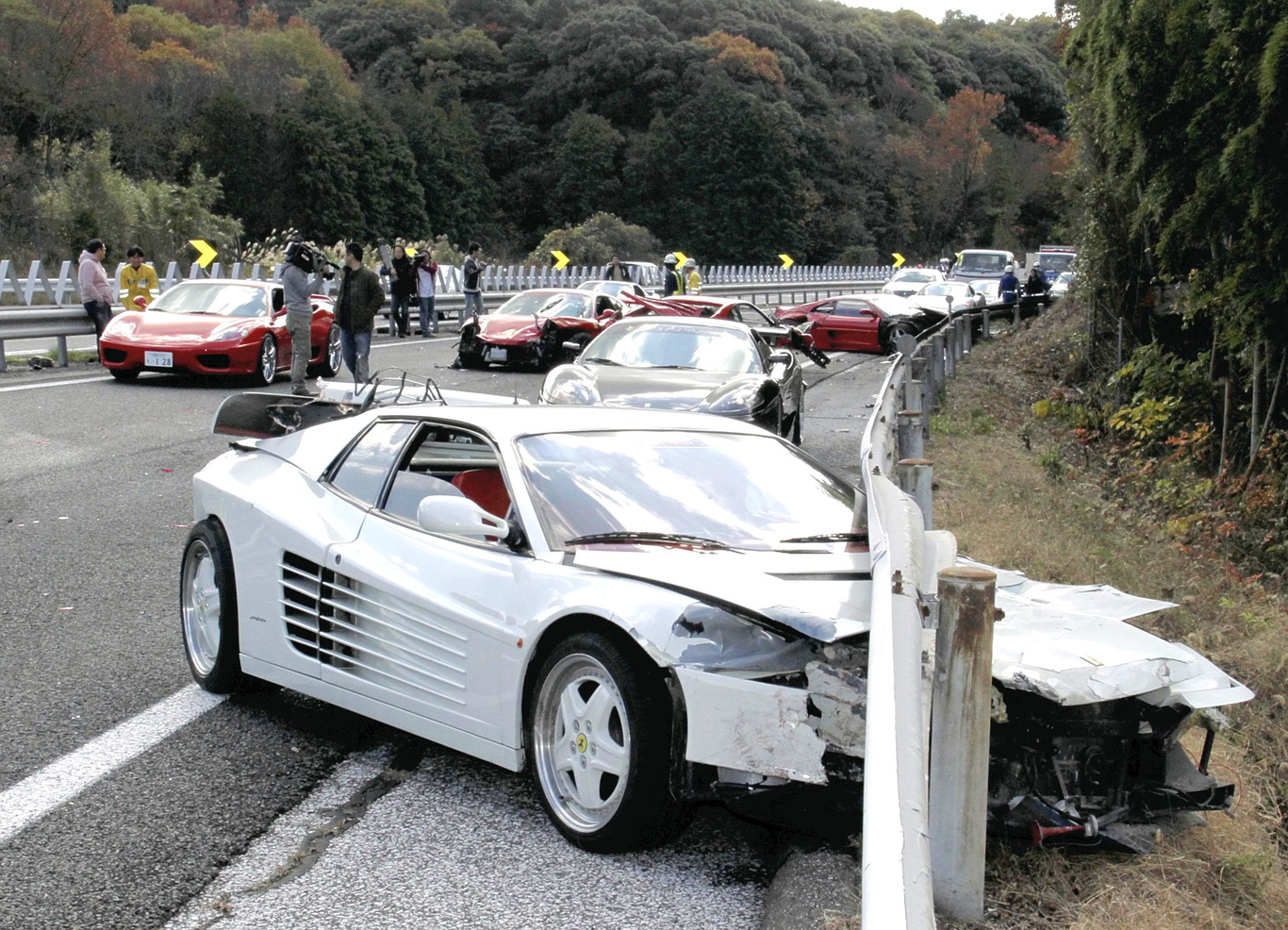'Everyone needs to take some blame for spiralling car insurance prices'
People need to be aware of the link between the cost of claims and the price of motor insurance.
THE NEVER-ENDING blame game in relation to motor insurance costs must stop, and soon, if anything effective is to be done to address the situation.
Consumers blame the insurance companies; insurance companies blame lawyers, claimants and fraudulent claims; and lawyers blame the insurance companies.
All the actors must take a step back and accept that each must bear their share of the responsibility and then work collaboratively to create lasting solutions.
That means the government, the Personal Injuries Assessment Board (PIAB), the insurance industry and the legal profession coming together to develop a shared analysis of the problem and then identifying a workable way forward.
The government has already been in contact with the judiciary, the insurance industry with the government and the lawyers with both.
This is not new. The establishment of the PIAB in 2003 was the result of a broad consensus that a compensation culture had been allowed to develop and flourish in Ireland and that the best way to tackle this was to take as many claims as possible away from the courts system and into a process which would seek to remove legal costs.
Scrapping the book
The PIAB seemed to do its job well in its’ initial years and had an impact on the claims landscape.
However, the Book of Quantum, a manual introduced in 2004 to guide injuries claims, is now effectively obsolete and so a significant number of claims are now getting passed through the PIAB system and into the Courts.
Claimants appear to regard the PIAB offer of settlement as a baseline to take with them to a court where the claimant hopes to get more money, and usually legal costs become part of the cost to insurers.
Issues have also arisen where claimants distort and undervalue their claim in terms of special damages at the PIAB stage of their case or deliberately dodge medical examinations in order to downplay their injuries.
It is ironic that some claimants seek to undervalue their claim in the knowledge that the offer from the PIAB will probably be more than reasonable and they then take that figure and see if they can get more once legal proceedings have issued.
At the same time, some criticism has been levelled at insurance companies for being too willing to settle claims which do evade the PIAB process in circumstances where it is self-evident that the sooner a case is resolved, the less it will cost.
In the same vein, lawyers are unfairly criticised when all they are doing is acting in the best interests of their client – to do otherwise would be negligent.
Then there is the level of awards themselves which are generally considerably higher than those made in the UK.
For example, a typical whiplash injury claim in Ireland could attract an award of €15,000 to €18,000, while in the UK the award would come in at less than €5,000.
Way forward
There are no easy solutions to all of the issues. The PIAB needs to issue a new Book of Quantum at the very least but the reality is that Ireland has a claims culture and if people want generous awards, then premiums must go up.
The fact that premiums have not risen in relatively recent years is not because claims and awards have diminished – it is mainly that insurance companies did not properly manage their books of business.
Take the Setanta insurance debacle where they came to Ireland, swept up large tranches of customers with attractive premiums only to go bust once the claims inevitably came in and they could not balance the low cost insurance with the cost of claims.
The Irish taxpayer will ultimately have to cover that cost. If premiums are not increased then existing insurance companies may also go bust, the cost of which will most likely have to be borne by the taxpayer in any event. Quinn Insurance operated the same business model, much to their regret.
More transparency is required in order to educate the public in relation to the absolute and unbreakable linkage between the cost of claims and the price of motor insurance.
A greater appreciation for the fact that every cost incurred by an insurance company is ultimately passed onto the consumer in one way or another may be a step toward tackling the compensation culture and reduce tolerance for fraudulent and exaggerated claims.
Elaine McNally is a personal injury solicitor at Sherwin O’Riordan Solicitors Dublin.
If you want to share your opinion, advice or story, contact opinion@fora.ie.






